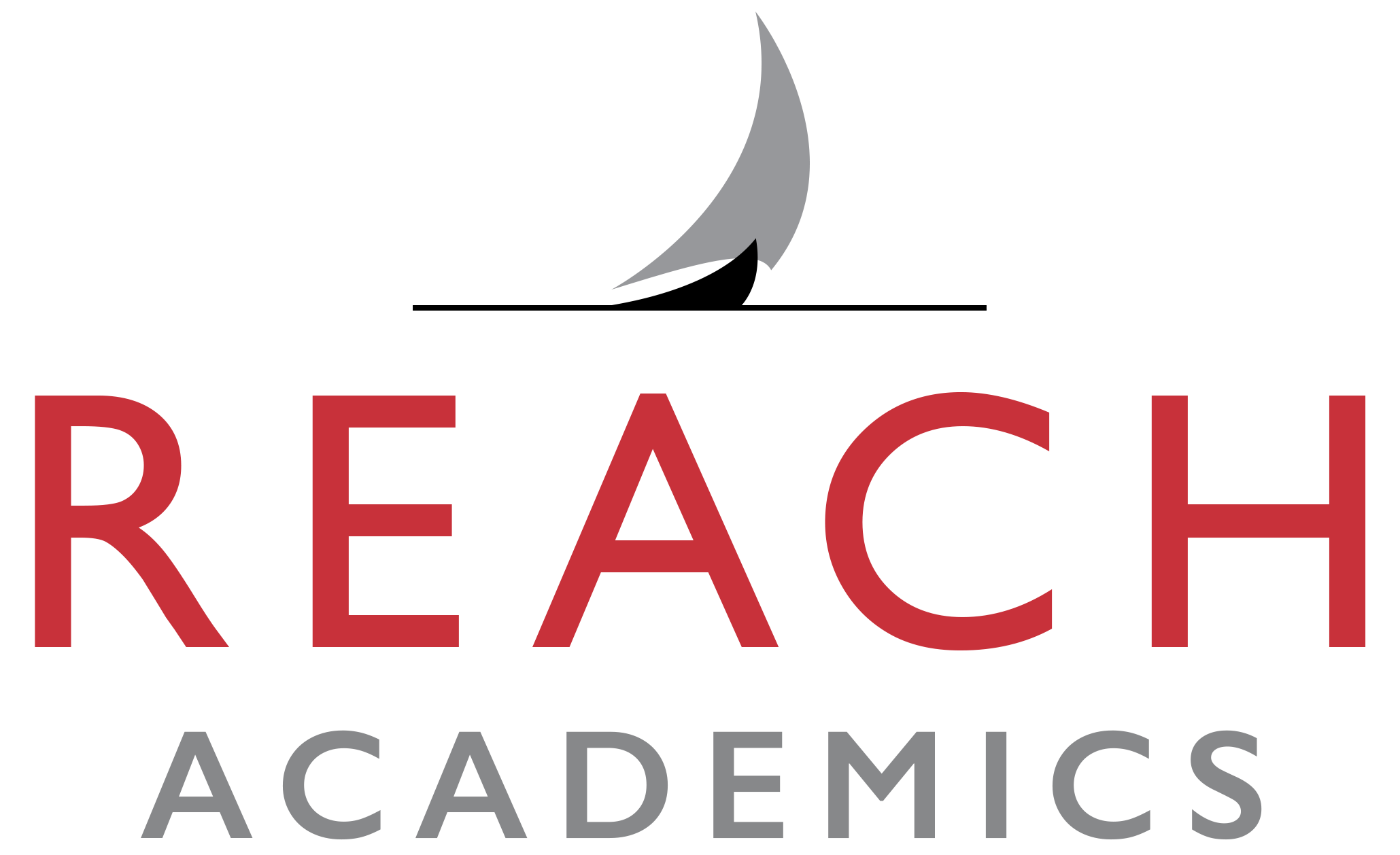The Gift
A constant theme during the holiday season is gift-giving. For Jewish people at Hanukkah, gifts replaced gelt (and gift-giving moved from Purim to Hanukkah). For Christians, gifts are a symbol of love, reflecting the magi’s gifts to the baby Jesus. For Africans and African-Americans, gifts given on the seventh (final) day of Kwanzaa serve as ties to African culture. At the turn of the New Year, many give gifts to commemorate being together as the earth completes another circle around the sun.
The word ‘gift’ contains multiple meanings in school communities. “You are a gift”, says the teacher to her class. “You are gifted”, a student hears from his teacher when he sings the solo in the holiday production. “That pop-quiz is a gift for anyone who did their homework,” says the social studies teacher to his 7th grade class.
By being such an oft-cited word in schools, we might want to consider its impact on the recipient.
The teacher who compliments her class as being a gift is proclaiming something positive. The students receiving this praise feel elevated and special. They are united in this praise, and they are proud of themselves for it.
The student whose teacher calls him gifted feels a similar sense of pride in himself. He knows that he stood out from others enough for the teacher to notice. He might agree with the teacher or doubt the teacher’s sense of true talent. In either case, he will feel seen, heard and noticed.
The students receiving the gift of a pop quiz might at first feel anxious since it is an assessment. Yet the students who did their homework will feel rewarded. They will sense that the teacher acknowledges the work they put into preparing for the class. They will see that the pop quiz is easy — even simple — when they answer it, because they did their homework.
In all of these cases, the use of “gift” is relational because it connects the teacher to the student. Whether addressing a classroom or an individual, the teacher who takes the time to spotlight the gift-giving that takes place during the school day is a teacher who acknowledges the importance of positive relationships. Such a teacher also recognizes that teaching is in itself a generative profession full of gift-giving moments.
A gift comes in the form of a student’s unusual answer to a question asked. A broadened perspective on a theme or topic. A heightened empathy regarding the homes their students come from. A sense of value for the 180-day school year during which bonds are built, tested, strengthened and ultimately broken by the structure of the school year. Gifts exist in the form of a knowing “I see you” smile from the receptionist to the student. The teacher who extends herself during a school assembly to impart personal wisdom to hundreds of adolescents packing the auditorium. The teacher who plays saxophone during Café Night. The teacher who brings in homemade pie on Pi Day and shares her grandmother’s recipe with the students.
This list could go on and on. School is a place of constant gift-giving, and often these gifts are intangible.
For the New Year, perhaps a helpful resolution might be the promise to open our eyes wider to these gifts so we can receive them when they are offered. A gift left unacknowledged is a sad symbol of marginalization. We should all pay attention to the marginalized, even if it takes precious time to do so.
Happy Holidays.

